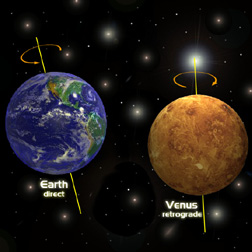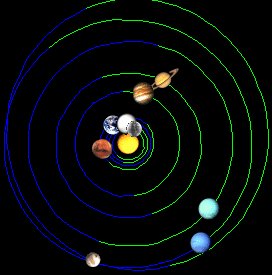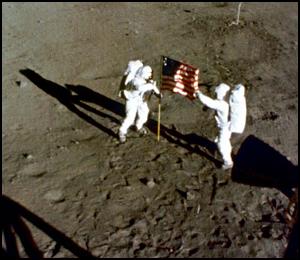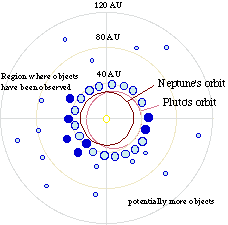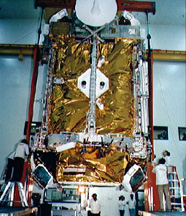I've read that the moon's (the Earth's that is) orbit is gradually enlarging, i.e. the moon is gradually moving away from Earth. The rate at which this is ocurring, I read, was about 2 inches per year. I know that the moon's orbit is an ellipse and that this figure must be an average rate. 1. Is it true that the moon is moving away from Earth?, and 2) if so what is causing the moon to move away from the Earth? I know it is the Earth's gravitational attraction that holds the moon in orbit. If the Earth's mass remains constant the gravitational attraction must remain the same. I also read that the Earth gains more mass than it losses due to the bombardment of space debris (asteroids and what not) and since the Earth is bigger than the moon it must be gaining mass more rapidly than the moon therefore Earth's gravitational influence to hold the moon in orbit must be increasing thereby 'gluing' the two bodies more tightly together. Please explain.

It's not a question of mass, but of energy! The tidal force exerted by the Moon on the Earth causes the oceans to bulge, making the Earth stretched out in the middle. The Earth is spinning faster than the Moon goes around the Earth, and this means the bulge of the oceans on the Earth is always slightly ahead of the Moon. This bulge is tugging the Moon forward, increasing the Moon's total energy. Imagine a cowboy's lasso. As the cowboy spins the lasso faster and faster (increasing it's total energy), the loop gets wider. The same thing essentially happens to the Moon. The tugging of the Earth's bulge lifts it into a wider orbit around the Earth.
The cowboy has to put some energy into the lasso to make the loop
wider. In the Moon's case, the energy comes from the Earth's
rotation. Friction between the oceans and the Earth's surface is
slowing the Earth's rotation by 0.002 seconds every 100 years. That's
not very much, and we won't notice it. But the Earth's rotation will
continue to slow, losing energy, until in the distant future, it will
be rotating so that a solar day equals a lunar month. The Earth's
tidal bulge will point directly at the Moon, and the Moon will stop
moving away from the Earth. The Earth will then keep its same side
facing the Moon, just as the Moon presently keeps the same side facing
the Earth. This has already happened to Pluto and its Moon, Charon,
and is very common in the solar system.
Submitted by Peter (New Jersey, USA)
(May 29, 1998)





